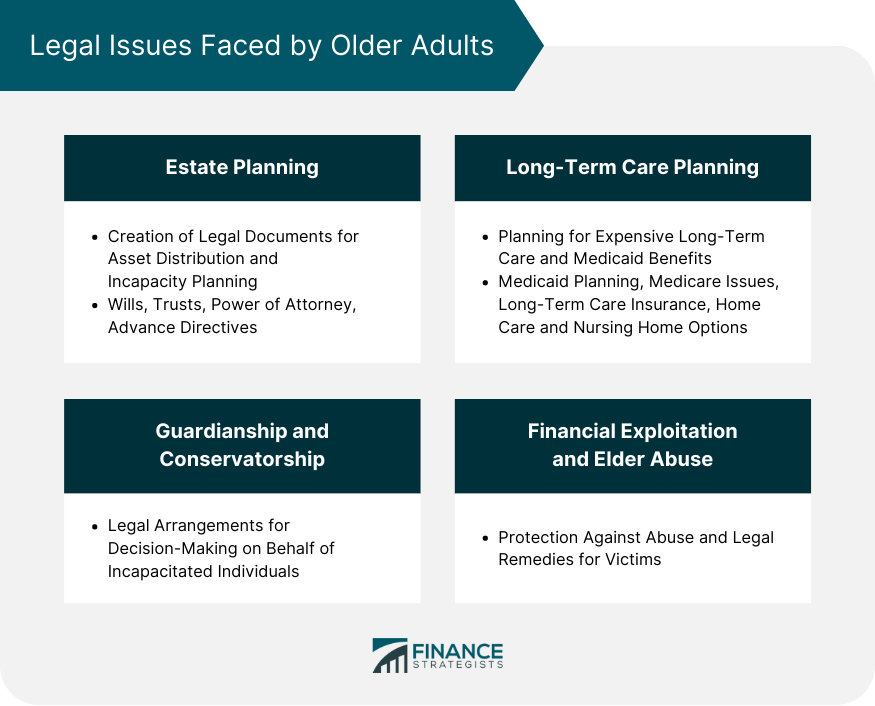Age Discrimination in Employment Act (ADEA): What Law To Knows About Older Adults Federal Law

The Age Discrimination in Employment Act of 1967 (ADEA) is a federal law protecting individuals 40 years of age or older from employment discrimination based on age. It aims to ensure that older workers have equal opportunities in the workplace, regardless of their age. This act prohibits age-based discrimination in various aspects of employment, including hiring, firing, promotion, compensation, and benefits.
Protections Offered by the ADEA
The ADEA makes it illegal for employers to discriminate against older workers in any aspect of employment. This includes refusing to hire, demoting, failing to promote, or otherwise retaliating against an employee because of their age. The law applies to employers with 20 or more employees, employment agencies, and labor unions. The ADEA also protects individuals from age-based harassment, which can create a hostile work environment. Crucially, it’s not just about overt discrimination; the ADEA also covers situations where age is a *factor*, even if it’s not the sole reason for an adverse employment action.
Exceptions to ADEA Protection
While the ADEA offers robust protection, there are some exceptions. For example, a bona fide occupational qualification (BFOQ) can justify age-based discrimination if age is a necessary qualification for the job. This is very narrowly construed and typically applies only to situations where age is directly related to job performance, such as a mandatory retirement age for airline pilots due to safety regulations. Also, some seniority systems might incidentally disadvantage older workers, but they are not automatically illegal if they are not designed to discriminate. Finally, employers may make decisions based on reasonable factors other than age (RFOA), which allows them to consider factors like experience, skills, and qualifications that may correlate with age but are not solely based on age itself.
Examples of Discriminatory Practices Prohibited Under the ADEA, What law to knows about older adults federal law
Several practices violate the ADEA. For instance, an employer advertising for a “young and energetic” team member suggests age preference. Replacing older employees with younger ones, even if they have similar skills and experience, is discriminatory. Failing to promote older employees while promoting younger, less experienced colleagues is another example. Offering less favorable benefits or training opportunities to older workers compared to younger counterparts also falls under this prohibition. Finally, mandatory retirement policies (with few exceptions) are strictly forbidden.
Hypothetical Scenario Illustrating a Violation of the ADEA
Imagine Sarah, a 55-year-old marketing manager with 20 years of experience, is unexpectedly laid off. Her younger colleagues, with less experience, retain their positions. The company claims the layoff was due to restructuring. However, internal emails reveal discussions about replacing “older, higher-paid employees” with younger ones to reduce costs. This scenario strongly suggests age discrimination. Sarah could file a lawsuit under the ADEA, potentially recovering lost wages, benefits, and emotional distress damages, and the company could face significant fines and reputational damage. The evidence of age-related comments within the internal emails would be crucial in supporting her claim.

Tim Redaksi